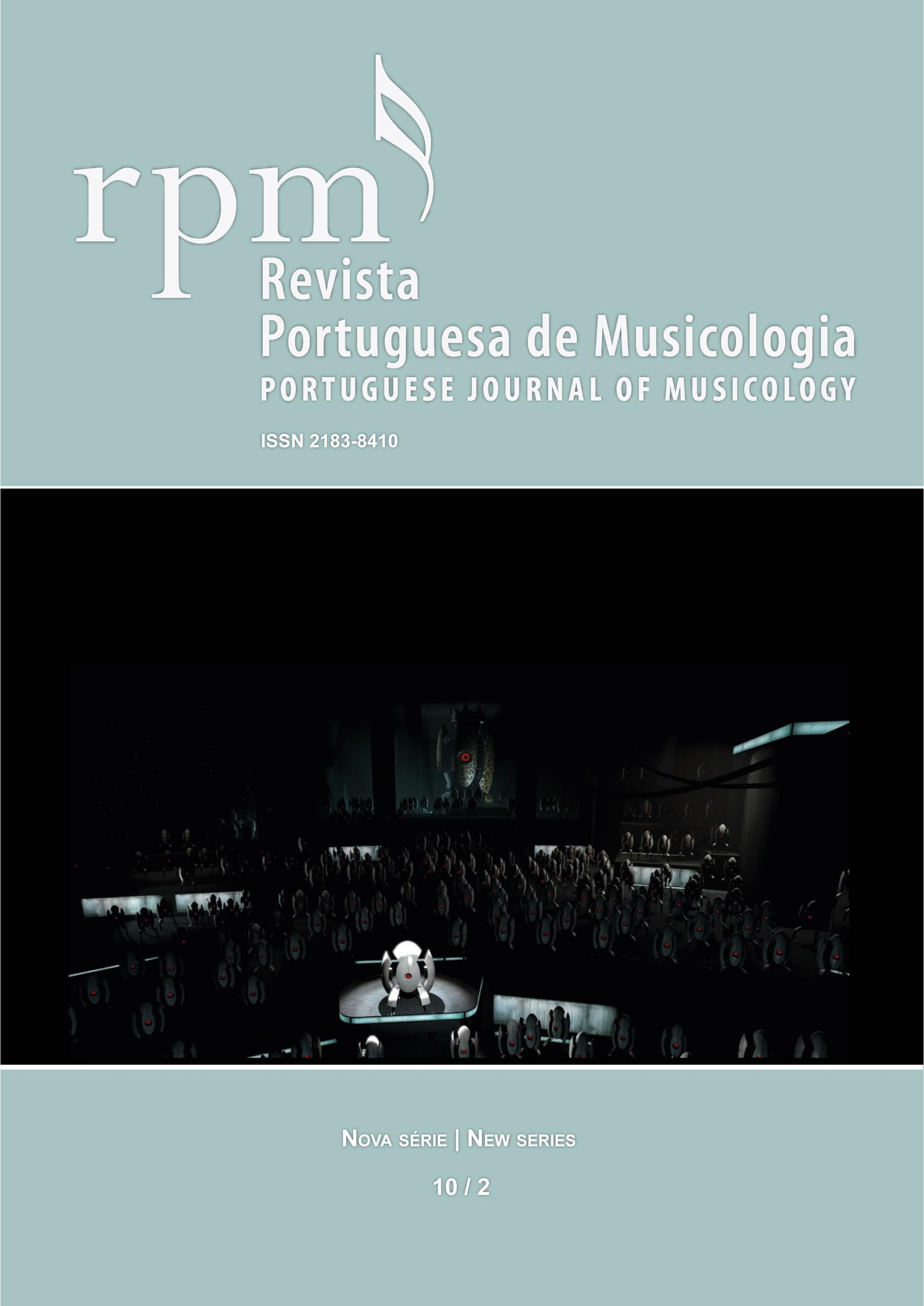Ludwig Wittgenstein: Linhas de pensamento e a influência dos experimentos musicais
DOI:
https://doi.org/10.57885/0052.rpmns.10/2.2023Palavras-chave:
Wittgenstein, Música, Interpretação musical, Formalismo, Compreensão, SentidoResumo
No pensamento de Ludwig Wittgenstein encontramos uma fecundidade de experimentos de pensamento – movimentos imaginativos – que têm na experiência musical a sua fonte. A importância do seu pensamento não decorre apenas de uma musicophilia (o que já não seria de menosprezar tendo em conta os poucos filósofos que a ela se dedicaram na história da filosofia, sendo Schopenhauer e Nietzsche as excepções fulgurantes do século XIX), mas, principalmente, do modo como a música interpenetrou todo o seu pensamento fornecendo-lhe as pedras-de-toque essenciais para o engendramento e criação de conceitos. Se, no Tratado lógico-filosófico, a sua primeira filosofia, a música aparece desde logo numa inquietação essencialista, é nos seus escritos posteriores, nomeadamente após a viragem gramatical dos anos 30 – em que a sua actividade filosófica ganhará uma outra direcção –, que os experimentos musicais ganharão uma preponderância vital, já não numa perspectiva ontológica, mas numa perspectiva da praxis, do agir musical, em que as noções de compreensão e de sentido estarão em jogo. Deste modo, será à prática do intérprete musical que Wittgenstein fará apelo, integrando-a, de forma fecunda, nos seus Gedankenbewegungen – movimentos de pensamento. Dar a conhecer a singularidade do pensamento wittgensteiniano à luz dos seus experimentos musicais e, principalmente, as intuições musicais que animam o seu pensamento, é o nosso propósito.
Downloads
Publicado
Como Citar
Edição
Secção
Licença
Direitos de Autor (c) 2025 Revista Portuguesa de Musicologia

Este trabalho encontra-se publicado com a Licença Internacional Creative Commons Atribuição-NãoComercial-SemDerivações 4.0.






